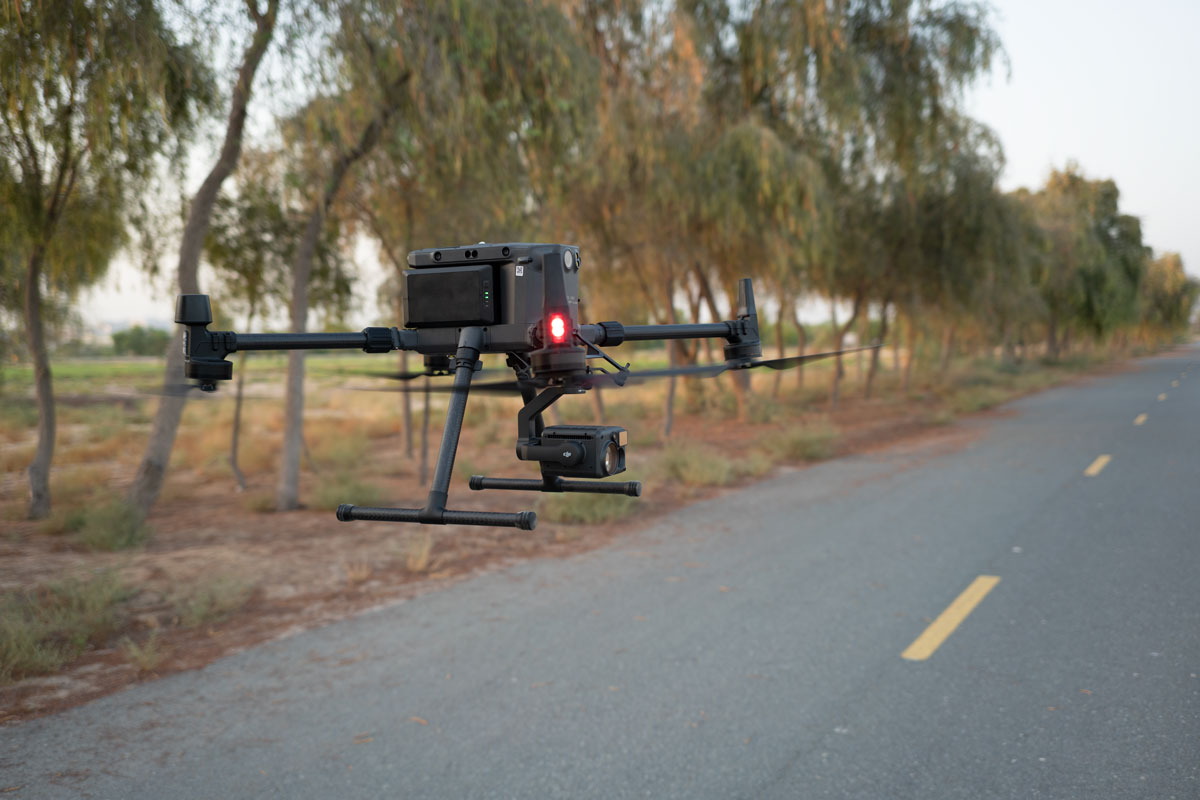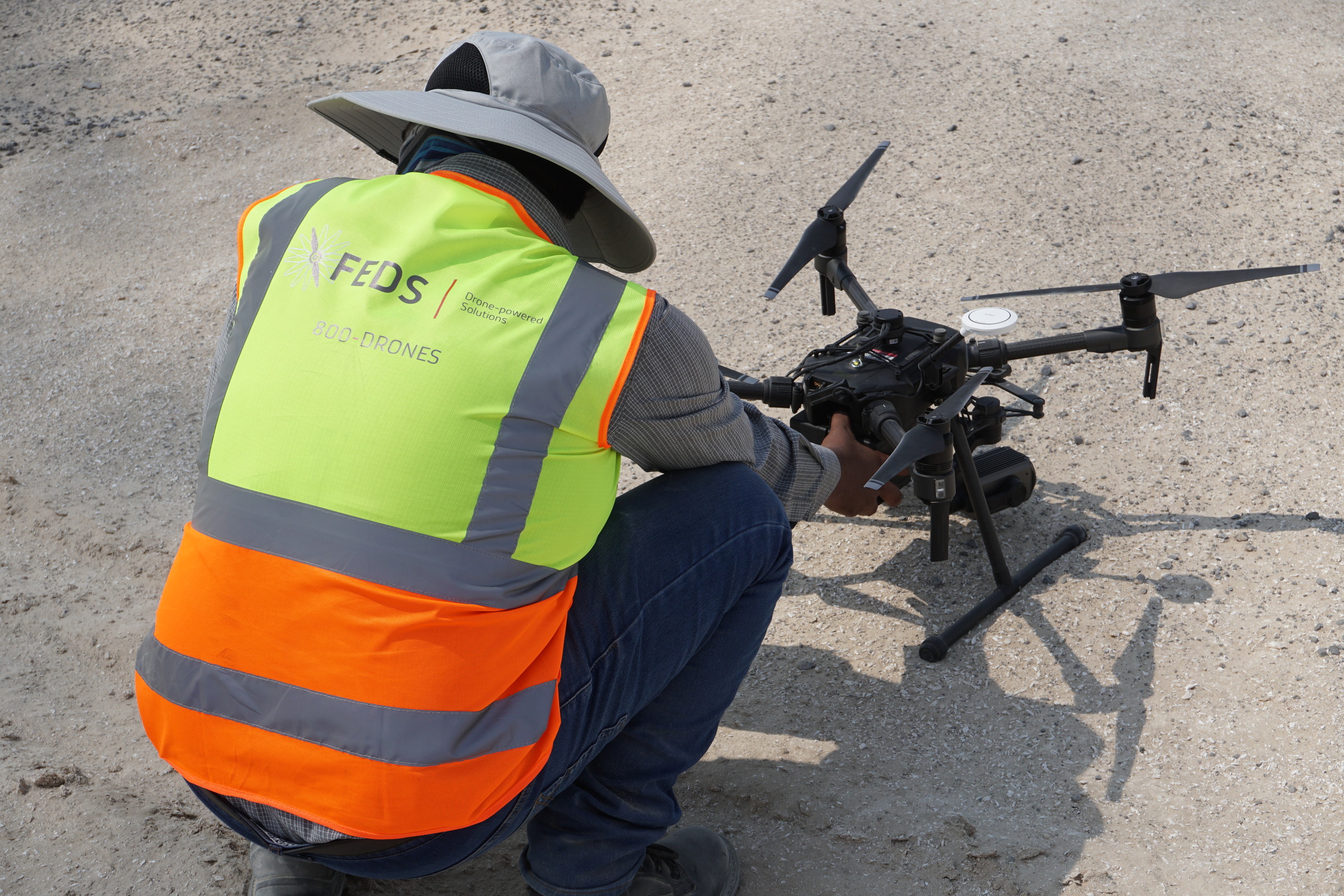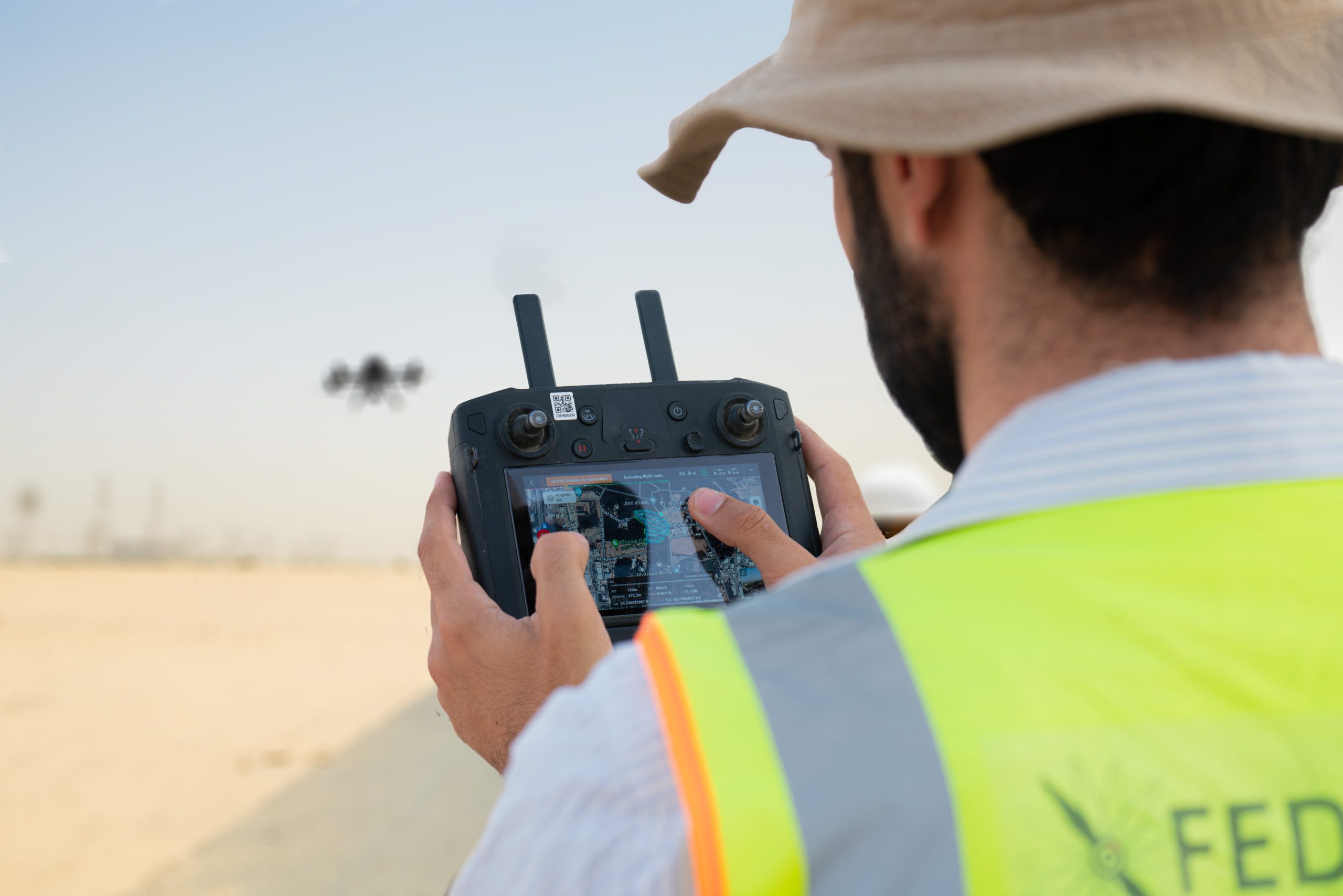Rabih Bou Rached, Founder and CEO of FEDs Group, reflects with us about how drones will affect the future of logistics industry…
As drone technology continues to evolve and advance, it is interesting to see the wide variety of industries and sectors it can and has impacted. We have already seen drones significantly improve the construction, energy and utilities, and agricultural sectors, particularly around operations and efficiencies.
One sector that could be revolutionised entirely using drone technology is the logistics industry.

As businesses in the logistics sector are increasingly adopting autonomous technology, it is vital to highlight the different applications of drones. Unlike vehicles or land-based solutions, drones can bypass traffic congestion and access hard-to-reach areas; drones also offer improved delivery to the correct address. Not only do drones significantly reduce delivery times and costs for service providers, but as technology advances, we can expect to see even more innovative ways drones are used to improve logistics operations. Regarding warehouse management, small drones can be used to scan barcodes and streamline inventory and stock management. In contrast, cargo drones can be used to transport goods from warehouse to warehouse or warehouse to facility.
FEDS is working with its clients in the GCC to facilitate cargo transportation with drones and warehouse management. Several segments of the logistics industry would benefit from using drones for cargo transportation, including the e-commerce sector, medical supply delivery, and transporting materials to offshore or hard-to-reach facilities.

Emergency response is another area of possible use, where drones can transport essential supplies and cargo during any disaster, especially where roads have been destroyed.
Furthermore, drones can be deployed throughout the supply chain, assisting with land and air deliveries. Logistics firms are also exploring new methods of collaboration between trucks and drones. These pilot programs utilise information-sharing to execute deliveries by air to multiple locations straight from a delivery vehicle.
The construction and oil and gas industries could greatly benefit from cargo drones because such drones can carry heavy loads. Drones can also travel many kilometres, making them an integral part of the supply chain, thus speeding up the delivery process. Then there are what the industry calls ‘last-mile delivery drones‘, which have the potential to meet a vast range of consumer requirements. However, the industry has yet to resolve several challenges around last-mile delivery.
At FEDS, we have always maintained that while the concept is part of the fast-approaching future, it has yet to be commercially viable as there are still limitations around the technology, such as limited battery life, regulatory restrictions, and concerns around safety and security. A challenge specific to last-mile delivery is the economics – for example, spending AED50 for delivering an AED25 order isn’t viable, as it doesn’t make economic sense. We expect drones to be introduced across the UAE for last-mile services in the near future.

The drone industry must continue working to address the limitations of existing technology. Not only will this require investment in research and development, but it will need collaboration with regulatory bodies to ensure compliance. Coupled with the implementation of robust safety and security protocols, these measures can go a long way towards easing clients’ fears about the reliability of the technology.
Given the security concerns, drones’ significant advantages are that they are more secure than conventional delivery methods. With drones, we can place a package in a carrier, and the intended recipient would be the only person to interact with it throughout its journey and delivery. Although it’s important to point out that in order for this to be a viable future, effective anti-tampering systems need to be developed and deployed.
Larger logistics companies like Amazon, FedEx, DHL, and UPS are leading the way in the evolution of last-mile drone delivery services in certain areas. These companies are setting a precedent for the broader logistics industry by demonstrating drones’ viability and potential benefits; more businesses will soon follow suit.
Drones have a wide range of potential applications across industries, and the logistics sector can contribute massively to their improvement via this technology. As drone manufacturers continue to advance the capabilities of their offerings, we can expect to see even more innovative ways in which drones can be used to improve supply chain issues and add value across the board.

